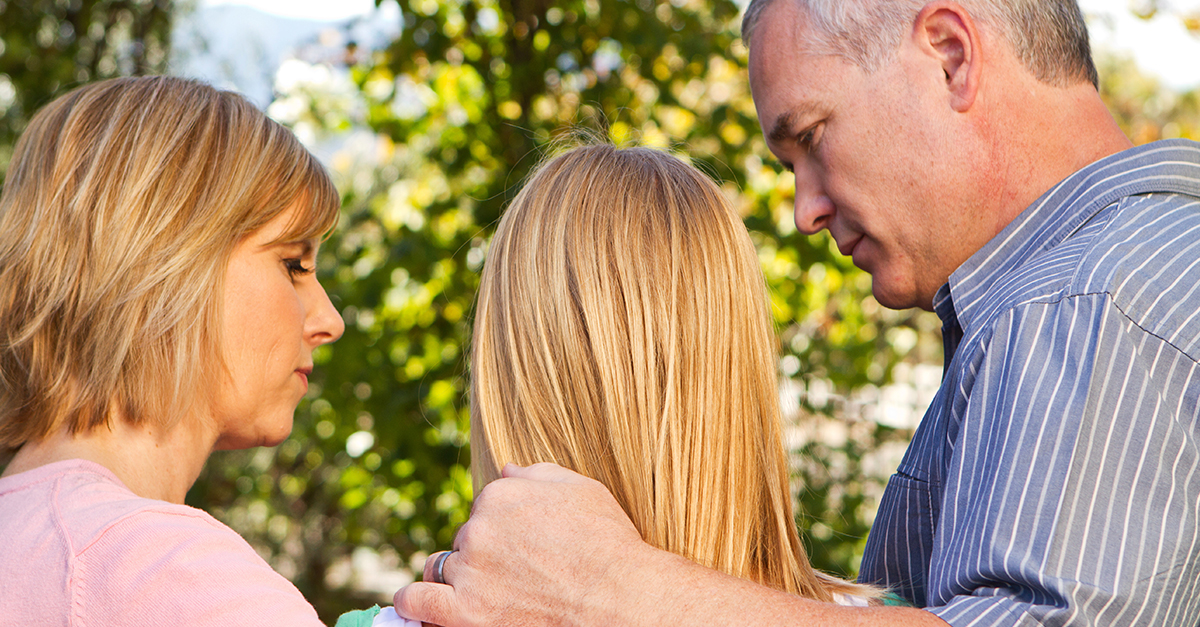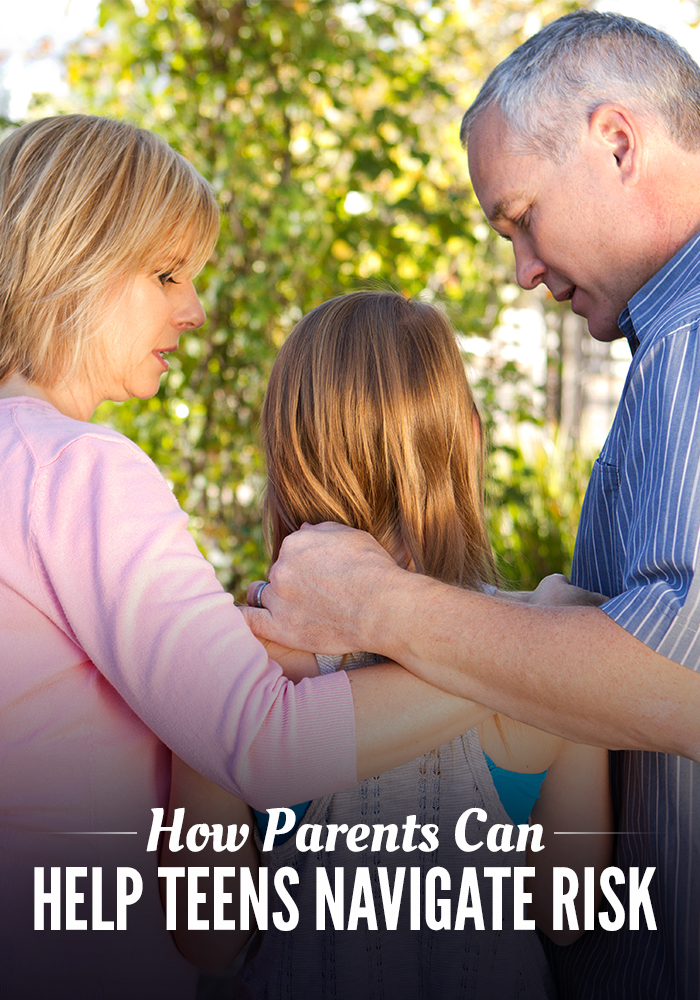How Parents Can Help Teens Navigate Risk

One of the most memorable memories recounted in Augustine’s Confessions is the story of how as a youth, he and his friends stole pears from their neighbor’s tree simply for the thrill of it. While this story reminds me of the kind of comically mischievous adventures of Tom Sawyer or Peter Pan, Augustine is not in the least amused by his earlier folly. In context, Augustine uses this story to diagnose our tendency to delight in sheer wickedness, a problem that can manifest itself in worse things than stealing a pear! But there’s another feature of interest in Augustine’s account: he mentions that he only stole the pears because his friends were doing it!
Augustine’s pear story illustrates something that parents know quite well: teens tend to take more risks in the presence of their peers. Recent research in neuroscience is helping us understand why this is the case. An article in Scientific American explains that while we have known for some time now that the brains of adolescents are still developing in areas related to risk assessment, self-control, emotional regulation, etc., what this newer research is showing is that social factors affect the teenage brain and thus play a significant role in teen decision making.
One study had teens play a video game version of “chicken” where they had to choose whether or not to drive their car through a series of yellow lights or wait for the green light. The researchers found that “when teenagers played this game alone, they took risks at about the same frequency as adult players.” But as soon as teens were told that their friends were watching from an adjacent room, they began to take significantly more risks. In contrast, when teens were told their mothers were watching, they took fewer risks.The article reports that “the scanner revealed greater activation in reward-sensitive brain regions, such as the ventral striatum, with the friend-influenced risky behaviours. Meanwhile, the mothers’ presence correlated with activation in the prefrontal cortex, an area known to be involved in cognitive control.”
This research points to the importance of our role as parents in helping our teens as they build their risk assessment skills and learn to act wisely. As fully developed adults with years of experience, our guidance is essential in helping our teens in this challenging phase of their development. Nevertheless, while it might be tempting, in light of this research, to hide your teen away in a tower until they’re 25, another dimension of this research shows why that would be a bad idea. The researchers found that “when they returned to the driving game after experiencing social exclusion, adolescents who said they were sensitive to peer influence took significantly more risks. Those who demonstrated this pattern also showed greater activation in a brain area involved in modelling the thoughts of others, the temporoparietal junction.” In another study, these researchers also found that “teenagers who were more socially excluded or victimized took more risks.” The key takeaway, then, is not that teens shouldn’t spend time with their peers, but rather that the time spent being influenced by peers should not supplant the primary attachment bonds of the teen to the family.
At the end of the Scientific American article, a neuroscientist named B.J. Casey pointed out that adolescence is a uniquely difficult transition period in our lives. Casey said, “I can’t think of a more challenging period of development. Every time I give a talk, I ask people to raise their hand if they want to go through adolescence again. And no one does.” Thankfully though, your teen doesn’t have to figure this stuff out on their own: they can look to you for guidance.
Further Reading
In his book, Hold on to Your Kids: Why Parents Need to Matter More Than Peers, Dr. Neufeld discusses the rise of youth culture and the shift from young people being mostly influenced by their parents to being mostly influenced by their peers. Dr. Neufeld outlines three negative effects of peer orientation:
1) Peer-oriented kids are more vulnerable.
2) Peer-oriented kids lose their natural shield against stress.
3) Peer-oriented kids become sensitized to insensitive interactions of children.
Neufeld advises parents to continue to nurture a bond with their teens and to recognize the vital role they have in their teen’s development. Here’s an article with four tips for cultivating healthy attachments with your kids, based on Dr. Neufeld’s research.
